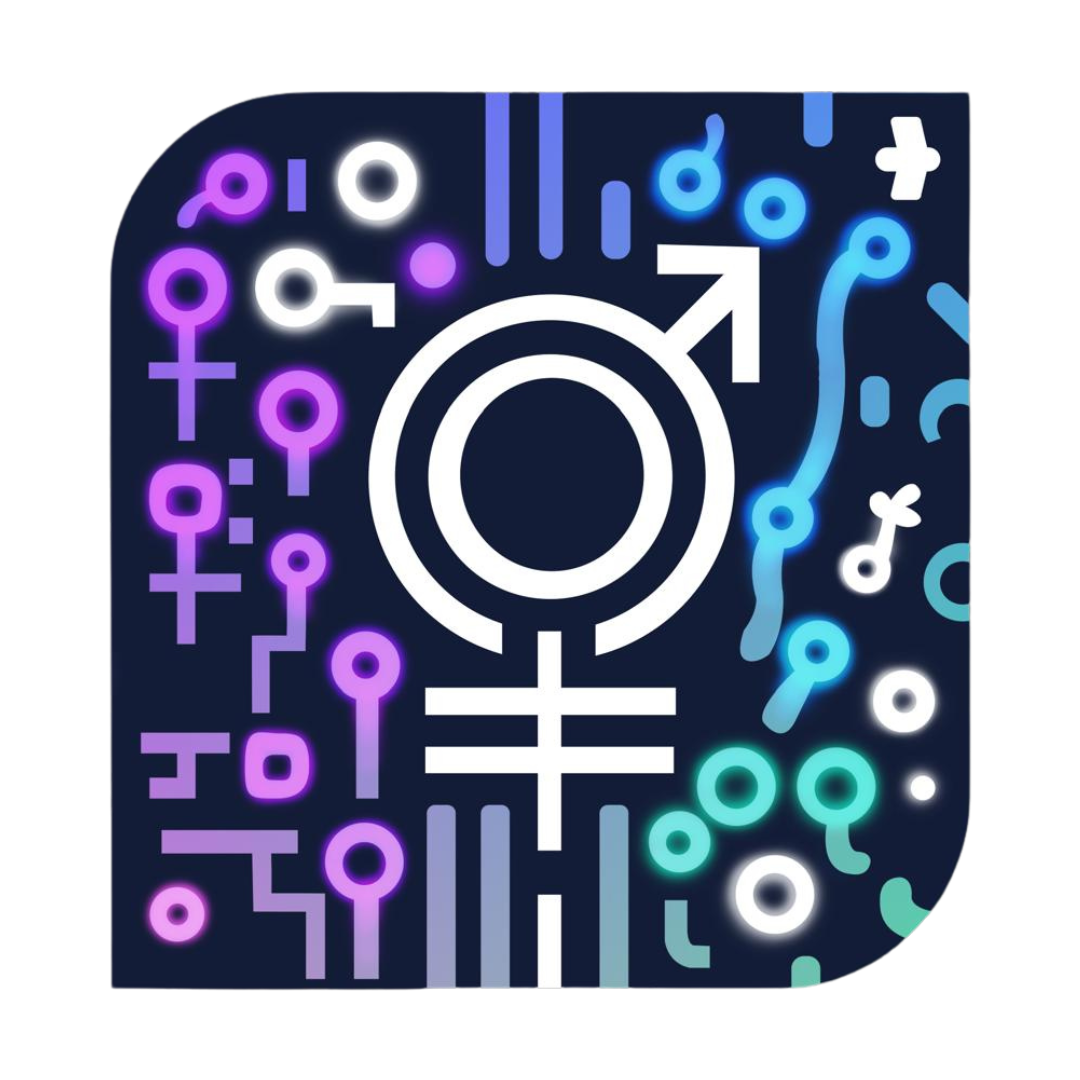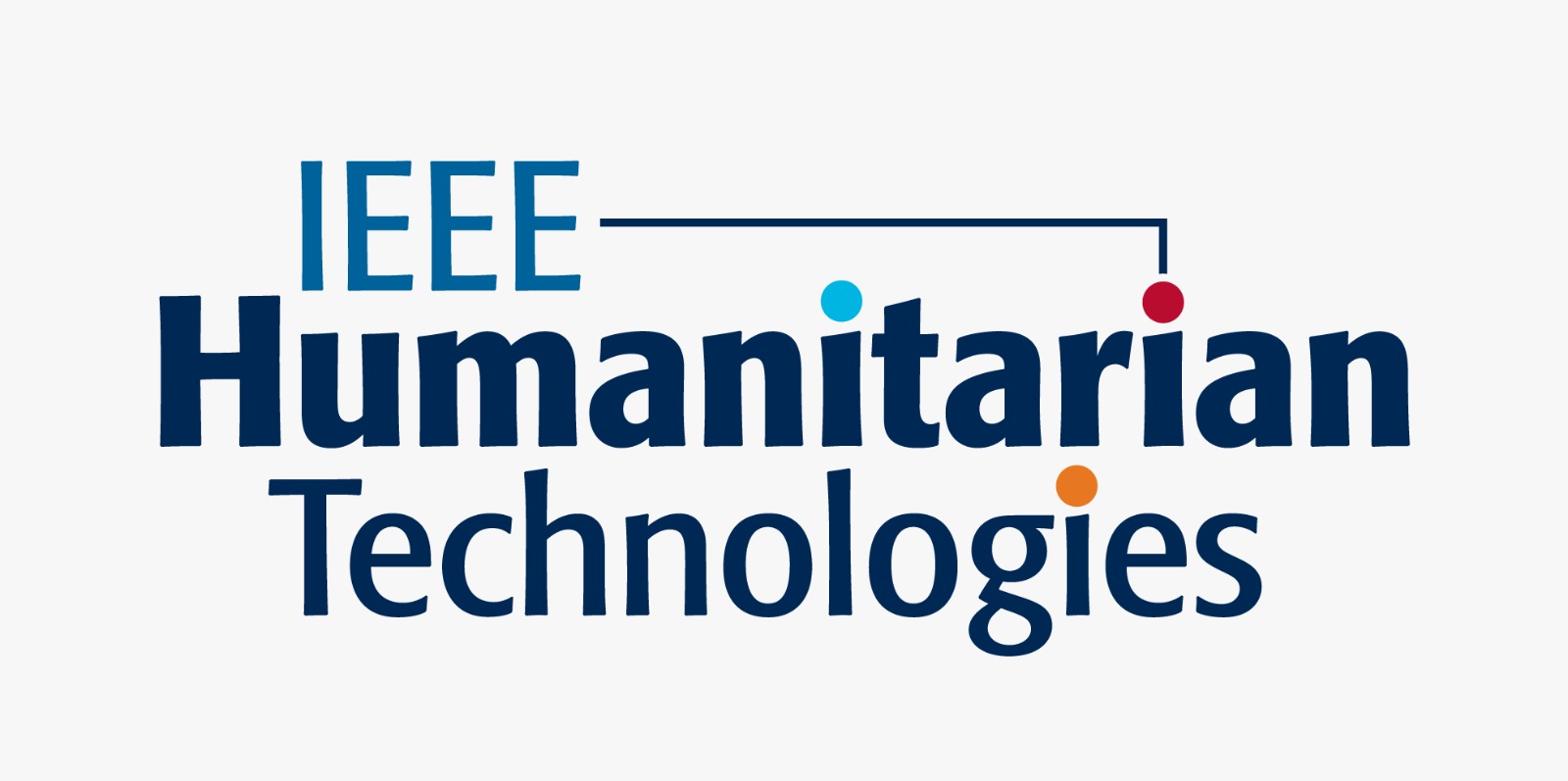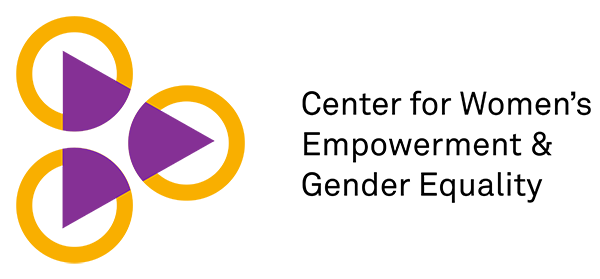Overview
Imagine a world where technology is a force for good, where artificial intelligence helps break down gender barriers and creates opportunities for all. This is the vision driving the GenAI x Gender Tech Hackathon 2025, a groundbreaking event that brings together bright students from across the globe and across disciplines to tackle some of the most pressing challenges faced by women and marginalized communities in the global south. The hackathon, organized by Amrita University's School of Social and Behavioral Sciences in collaboration with the UNESCO Chair on Gender Equality and Women's Empowerment, is a groundbreaking initiative at the intersection of AI and social impact.
The hackathon begins with an online phase where participants will develop their projects remotely. Following this, the top teams will be invited to the picturesque Amritapuri campus of Amrita University in Kerala, India, for onsite presentations in front of a judging panel. This onsite phase will coincide with the International Conference on Gender and Technology (GTC) 2025, themed "Beyond Boundaries: Gender, Tech and Transformative Change," making it a pivotal part of the conference.
While we will provide a curated wishlist of real-world problems at the start of the event, we also encourage you to think beyond these boundaries. To spark your creativity, here are some example project areas aligned with the GTC 2025 themes:
- Government Scheme Bot: AI chatbots in local languages on WhatsApp/Telegram to help women access government schemes.
- Career Planner Bot: AI-based planner for girls to explore career paths based on their interests and abilities.
- Public Speaking/Interview Coach: Tools to improve public speaking and interview skills among women and marginalized members of society using multimodal AI.
- Legal Assistance using AI: AI-powered app which simplifies complex laws and enables low literacy users to perform Q&A on legal documents and prior cases.
- Women's Health Support: Multimodal, multi-lingual AI to provide maternal, child, and menstrual health advice and resources.
These are just starting points. At the hackathon, you will receive a curated wishlist of real-world challenges from our partners, but we also strongly encourage original ideas. Whether inspired by the wishlist, these examples, or your own experiences, your creativity has the power to unlock transformative solutions we haven't yet imagined. Think big and bold!
Are you ready to harness the power of AI for social good? Join us in this exciting journey to create a more inclusive, equitable digital future. Your idea could be the one that changes lives!
Why Participate
Real-World Impact
Tackle issues that affect millions of lives using AI and contribute to meaningful social change.
Transdisciplinary Approach
Experience the synergy where social sciences meet cutting-edge technology.
Network of Change-makers
Connect with like-minded individuals passionate about tech and social impact.
Skill Enhancement
Gain skills that transcend disciplines and prepare for the future of tech.
Prizes
1st Prize
₹50,000
2nd Prize
₹30,000
3rd Prize
₹20,000
Timeline
Phase 1: Application
September 18 - November 22, 2024 November 25, 2024
Apply for the GenAI x Gender Tech Hackathon. Form your teams and prepare for an exciting journey of innovation and problem-solving in the field of AI and gender equality.
Phase 2: Participant Selection
November 24, 2024 November 26, 2024
The organizing committee will review all applications and select the participants for the hackathon. Successful applicants will be notified and provided with further instructions.
Phase 3: Hackathon
December 1 - December 28, 2024
The hackathon begins! Participants will work on their projects, leveraging AI to address gender challenges. Mentorship and support will be provided throughout this phase.
Phase 4: Finalization and Presentations
January 6 - January 18, 2025
January 6: The top 10 teams will be selected based on their project submissions.
January 18: Onsite presentations and awards ceremony at Amritapuri Campus. The selected teams will showcase their projects, and winners will be announced.
Workshops
Join us for a series of expert-led workshops designed to enhance your skills and understanding at the intersection of AI and gender technology. These sessions will provide valuable insights and practical knowledge to help you succeed in the hackathon.
| Workshop | Speaker | |
|---|---|---|
| Product Management 101 | Sameera Gutta, ex-YouTube | |
| Sameera Gutta will introduce hackathon participants to product management principles: How do you design the best product, how to go about building it, how do you define your problem statement, come up with the solution to the problem, definining a minimum viable product (MVP). | ||
| The Generative AI Landscape: A Bird's Eye View | Dr. Manisha Gupta, Google | |
| Manisha will give a an overview of the current landscape of GenerativeAI, Google's efforts in Generative AI, the free Gemini API for prototyping, and talk about the possibilities of large language models, multimodal models, and an overview of the limitations of Generative AI and techniques to mitigate them. Finally she will talk about how Generative AI is going to evolve in the coming months and years. | ||
| GenAI Product Engineering | Punit Rathore, ex-Reddit | |
| Punit will introduce hackathon teams to Product Engineering (the how) as a follow up to the Product Management workshop (the what/why), how to quickly build proof of concepts, define and manage work between team members. | ||
| GenAI in Practice: Challenges, Opportunities and Perspectives from Industry |
Dr. Vijay Krishna Menon,
Air India
Loganathan Ramasamy,
Merck
|
|
| Vijay Krishnan Menon (Air India) and Loganathan Ramasamy (Merck) will provide a short history of challenges in NLP, particularly from the local Indian language perspective and how GenAI is transforming the field.They will also discuss GenAI issues like hallucinations and how techniques like retrieval augmented generation can help reduce it. They will speak about their experiences from the industry and the need for rigorous testing to avoid LLM hallucinations. | ||
| Intersectional Lens into Gender Issues | Dr. Jyothsna, Srishti Manipal Institute | |
| Jyotshna (Srishti) will provide participants an intersectional lens to view issues affecting women, particularly from the global south, i.e. how does class, socio-economic status etc intersect with gender? | ||
| AI and Reproductive Health | Hanae Bezad, Oobat AI | |
| Hanae will talk about her group's efforts in creating Oobat AI, a converational AI agent for south african women to call and chat about sexual and reproductive health issues. | ||
| AI and Empathy |
Peter Hong,
ex-Google
Dr. Tamar Fuhrmann,
Columbia University
|
|
| Peter Hong will speak on AI engineering with empathy, his experience from Google, Tamar-will speak on designing Educational Technology with Empathy from her eexperience working on learning technologies at Columbia University. | ||
| Collaborative Solutions: Tackling Wicked Social Problems through Participatory Design | Dr. Chris Coley, Amrita University | |
| Chris Coley will give an overview of issues affecting women and other gender minorities, particularly in the global south. He will introduce participatory design approaches to solving social issues where technology acts as an enabler.He will introduce haclathon participants into ethical and sensitive engagement with communities their prototypes will benefit. | ||
More workshops to be announced soon!
Mentors
Welcome to our esteemed mentor network! Our hackathon has attracted a global roster of experts from academia, industry, and NGOs, each bringing unique insights to the intersection of Generative AI and Gender issues. These mentors, with their diverse backgrounds and specializations, are here to guide and inspire you throughout your journey. As you embark on your projects, we will carefully match teams with mentors whose expertise aligns with your specific needs and challenges. Explore the profiles below to discover the wealth of knowledge and experience our mentors bring to the table. Get ready to learn, grow, and create groundbreaking solutions with world-class support!
View the mentors hereFAQs
Is there a registration fee?
No, participation in the hackathon is free of charge.
Who can participate in the hackathon?
What skills are required to participate?
We welcome participants from diverse backgrounds. While basic knowledge of AI and machine learning is beneficial, it's not mandatory. Skills in areas like community engagement, user research, gender studies, graphic design, storytelling, and project management are as valuable as technical skills in AI for creating well-rounded solutions. The hackathon is an opportunity to learn and collaborate across disciplines.
How can I prepare for the hackathon?
We recommend the following preparation steps:
Recommended Short Courses:
• Generative AI for Everyone - A short 3 hour course for understanding GenAI fundamentals
• AI & Python for Beginners - A short 4 course for those with no background in programming or AI
• ChatGPT Prompt Engineering for Developers - Learn effective prompt engineering techniques
Essential Reading:
• Review the curated list of GenAI projects benefiting women for inspiration
• Study the Digital Futures Lab report on Gender Bias and LLMs in India
Practical Preparation:
• Get hands-on experience with Google's AI Studio - a free platform to experiment and prototype with Google's most advanced AI models
• Practice with other free AI tools like ChatGPT, Gemini, Claude, or open source alternatives
• Research gender-related challenges in your region
• Experiment with building simple prototypes using AI APIs
Note: All recommended resources are free or have free tiers available. Focus on understanding both the technical aspects and the social context of applying AI to gender-related challenges.
Can you help match me with potential team members?
Yes! In late November, we will open a dedicated channel on our Discord server for team formation where you can introduce yourself, share your skills, and connect with potential teammates.
Why the emphasis on Generative AI for the gender theme?
Generative AI, particularly large language models, offers powerful reasoning abilities that can be applied to assist in the development of software solutions around complex gender issues. It represents a new frontier in technology with the potential to address (and potentially exacerbate) gender inequalities, making it a critical area for innovation and ethical consideration.
Can I use AI techniques other than generative AI?
While our primary focus is on generative AI, we encourage participants to use whatever combination of AI or other technologies they believe will best address their chosen challenge. Innovative use of multiple AI techniques is welcome.
Can we explore interfaces beyond text-based chatbots?
Absolutely! We encourage you to think creatively about how generative AI can be integrated into diverse interfaces. Consider exploring VR/AR, games, IoT devices, smart toys, wearables, voice assistants, or gesture-based interfaces. The goal is to leverage AI in innovative ways to address gender-related challenges.
What kind of support will be available during the hackathon?
We will provide mentorship from experts in AI, software development,social sciences, and product management (among others). We encourage the use of free tiers of proprietary models (see this resource) as well as open source local models (see this guide) for prototyping.
Is this open to international participants?
How will communication be handled during the hackathon?
Once the hackathon starts, we will use Discord for all communication. Participants will be encouraged to post questions, find teammates, and collaborate through dedicated channels on our Discord server.
How important is it to have a fully developed idea before applying?
It is great to have initial ideas, but they don't need to be fully developed. We are looking for creativity, passion, and a commitment to addressing gender-related challenges. Your ideas can evolve as you collaborate with others during the hackathon.
What criteria will be used to judge the projects?
Projects will be evaluated on technical merit, methodology, impact potential, innovation, and related parameters. Detailed judging criteria will be provided to participants at the start of the event.
How many members are there in a team?
We expect team sizes to be between 3 to 5 members, no more, no less.








